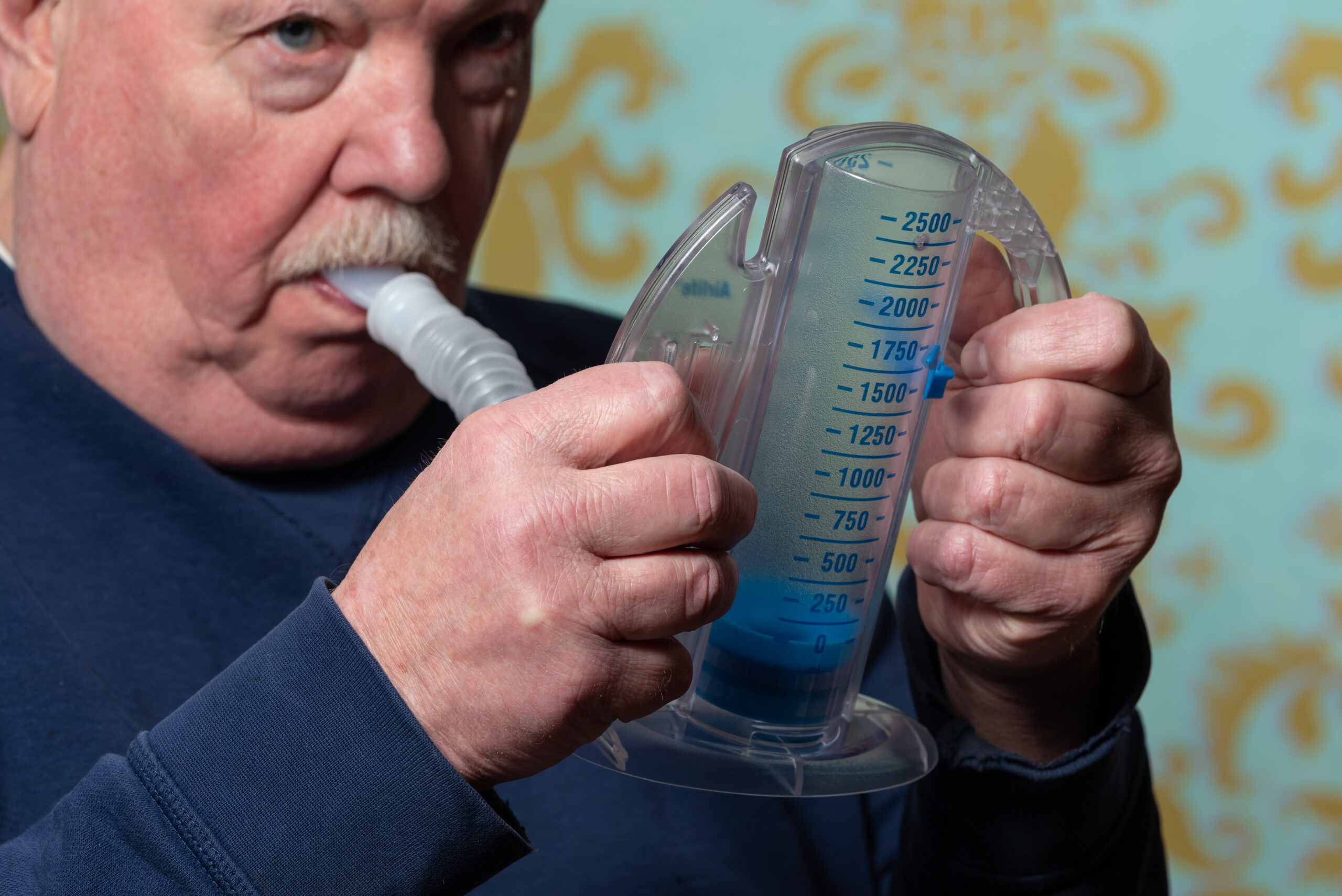
Patient Guide: Coronary Artery Disease (CAD)
Coronary artery disease (CAD) is a condition caused by the build-up of fatty deposits called plaques within the coronary arteries, leading to a reduction in blood flow to the heart muscle. Treatment for CAD focuses on relieving symptoms, slowing disease progression, and reducing the risk of complications through lifestyle changes, medications, and sometimes medical procedures or surgery. It is essential to work closely with your healthcare provider to develop a comprehensive treatment plan tailored to your needs and maintain regular follow-up appointments for optimal management of the condition.









